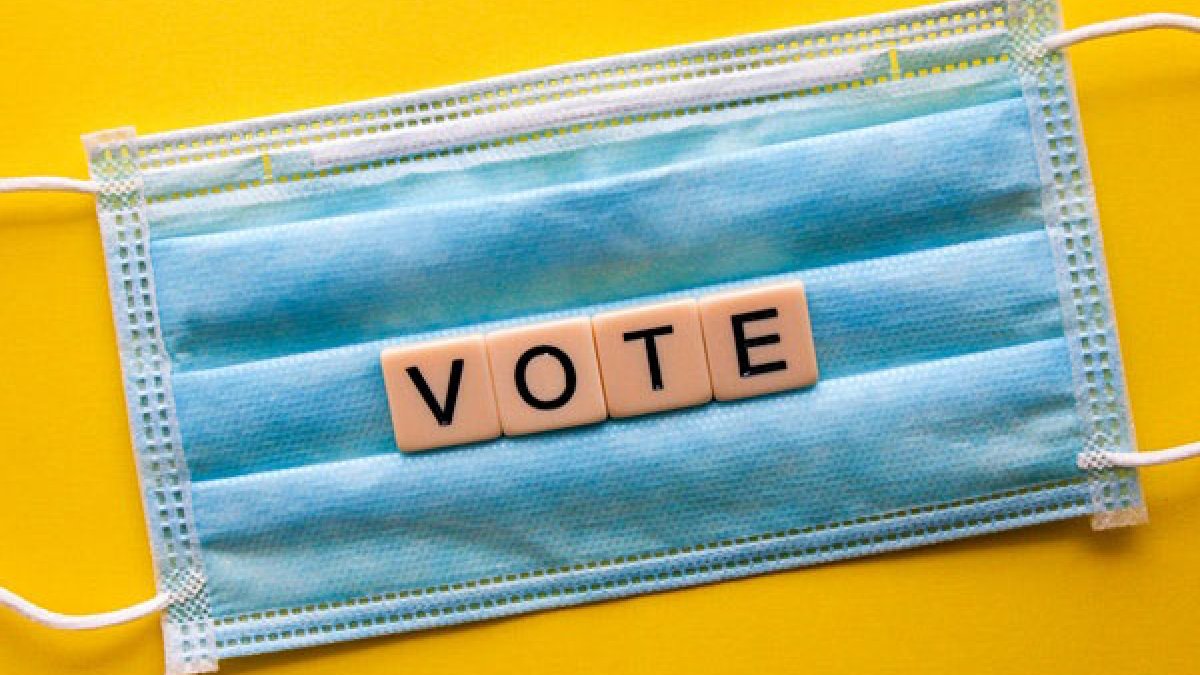Voting in the 2020 Italian constitutional referendum led to more Covid-19 cases in Italy
Italian citizens who exercised their democratic right to vote in the 2020 constitutional referendum may have unintentionally contributed to the spread of Covid-19, finds a new study by the University of Surrey. However, researchers found that the decision to delay an early general election in 2021 saved 23,000 lives.

In September 2020, during the height of the first wave of the Covid-19 outbreak, Italians voted on a constitutional amendment to reduce the number of parliamentary members. Furthermore, in seven of the 20 Italian regions, citizens also voted to elect regional governments and regional assembly representatives; finally, in 955 of the 7,903 Italian municipalities, citizens were asked to select a new mayor. This increased level of election activity resulted in a 22 per cent rise in voter turnout in municipalities that voted for both referendum and local elections, compared to municipalities voting only for the referendum.
The Surrey team analysed weekly Covid-19 infections across Italy (at the municipality level) before and after the September poll and found that a 1 per cent increase in turnout amounted to an average of a 1.1 per cent increase in post-election infections.
Dr Giuseppe Moscelli, co-author of the study and Reader of Economics at the University of Surrey, said:
"With the recent political turmoil in Italy culminating with the end of Mario Draghi's government, it is important to reflect on the past two and a half years, which have been an immensely tragic period for all of Italy.
"The 2020 referendum came as the world was dealing with the unprecedented threat of Covid-19, and our model shows that something as fundamental as casting a vote can come at a cost."
Along with saving approximately 23,000 lives, Surrey's researchers found that delaying the 2021 Italian general election saved the country €362 million in additional hospital costs for patients that would have been admitted to inpatient care and Intensive Care Units.
Dr Marco Mello, co-author of the study and a Research Fellow at the University of Surrey, added:
"The decision whether to postpone an election or a general referendum due to a pandemic event poses a clear trade-off between human lives and health on the one hand, and political rights on the other hand. With our research, we propose an economic framework for such an important evaluation to be undertaken in similar future situations."
The research has been published in the Journal of Economic Behavior & Organization
ENDS
Notes to editors
- Reference: Marco Mello, Giuseppe Moscelli; Voting, contagion and the trade-off between public health and political rights: Quasi-experimental evidence from the Italian 2020 polls; Journal of Economic Behavior & Organization; Volume 200; August 2022; 10.1016/j.jebo.2022.07.008.
- Dr Giuseppe Moscelli is available for interview upon request
- Contact the University of Surrey press office via mediarelations@surrey.ac.uk
Media Contacts
External Communications and PR team
Phone: +44 (0)1483 684380 / 688914 / 684378
Email: mediarelations@surrey.ac.uk
Out of hours: +44 (0)7773 479911
